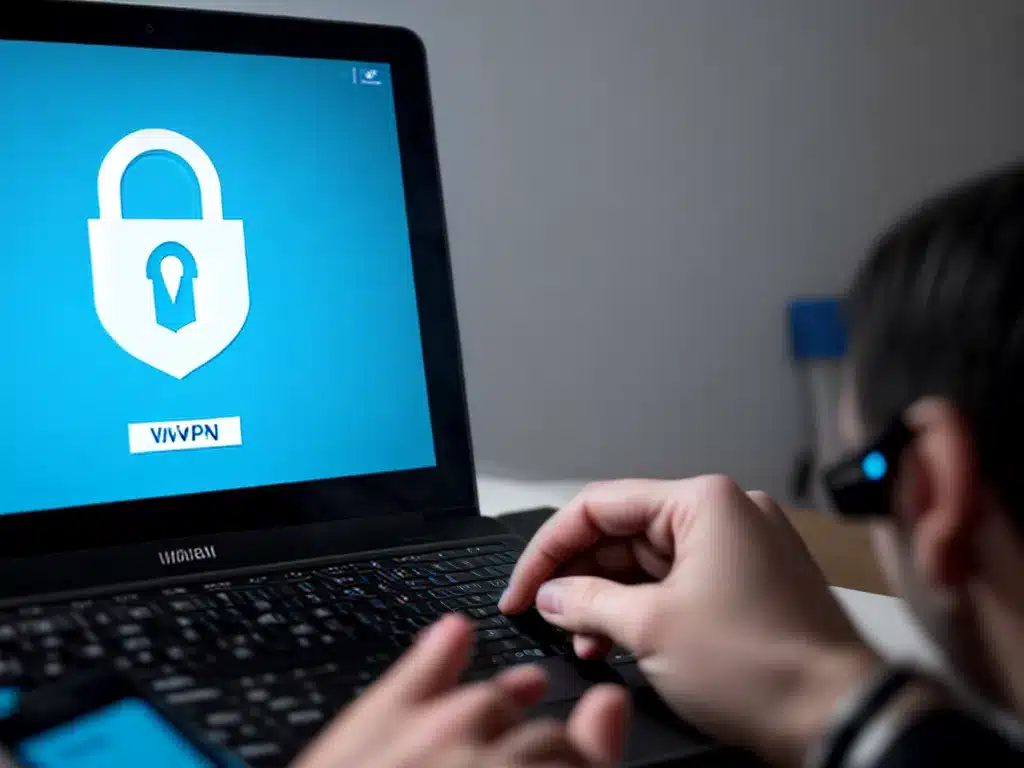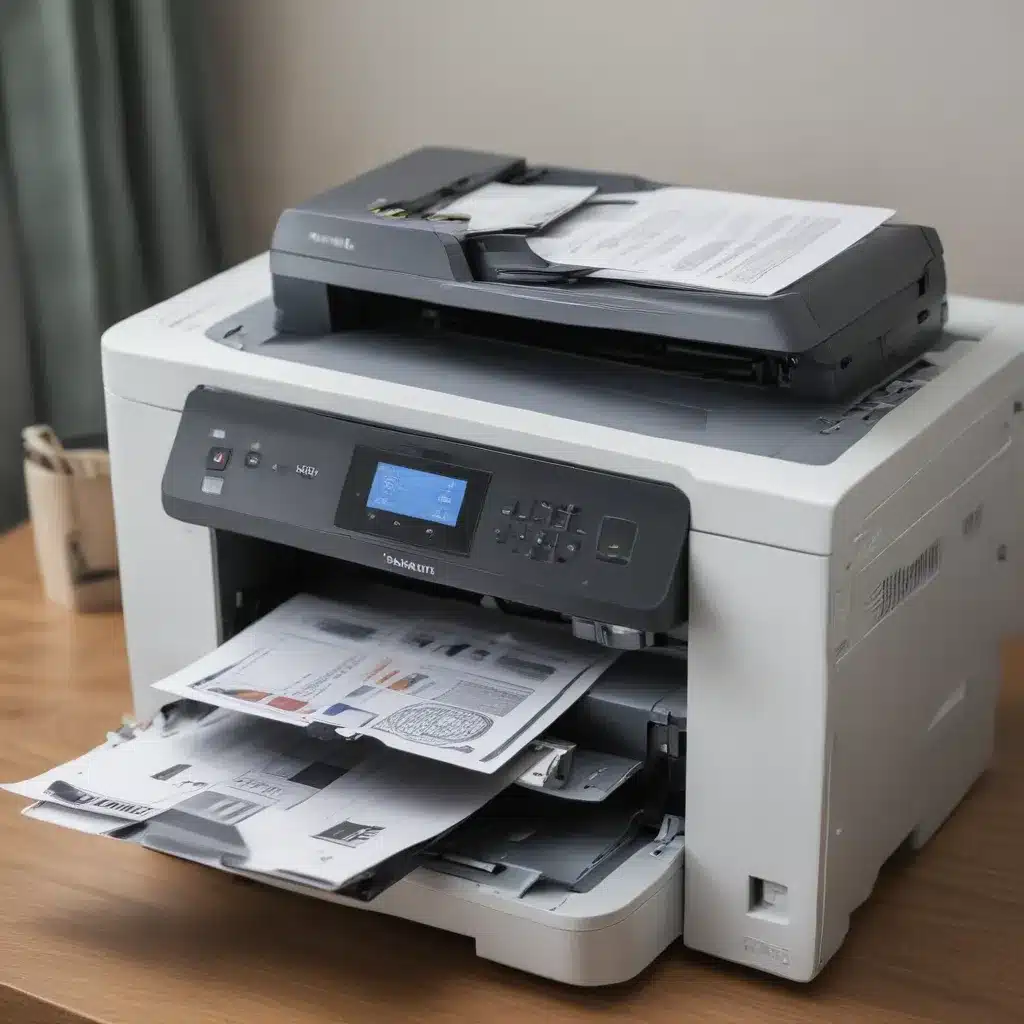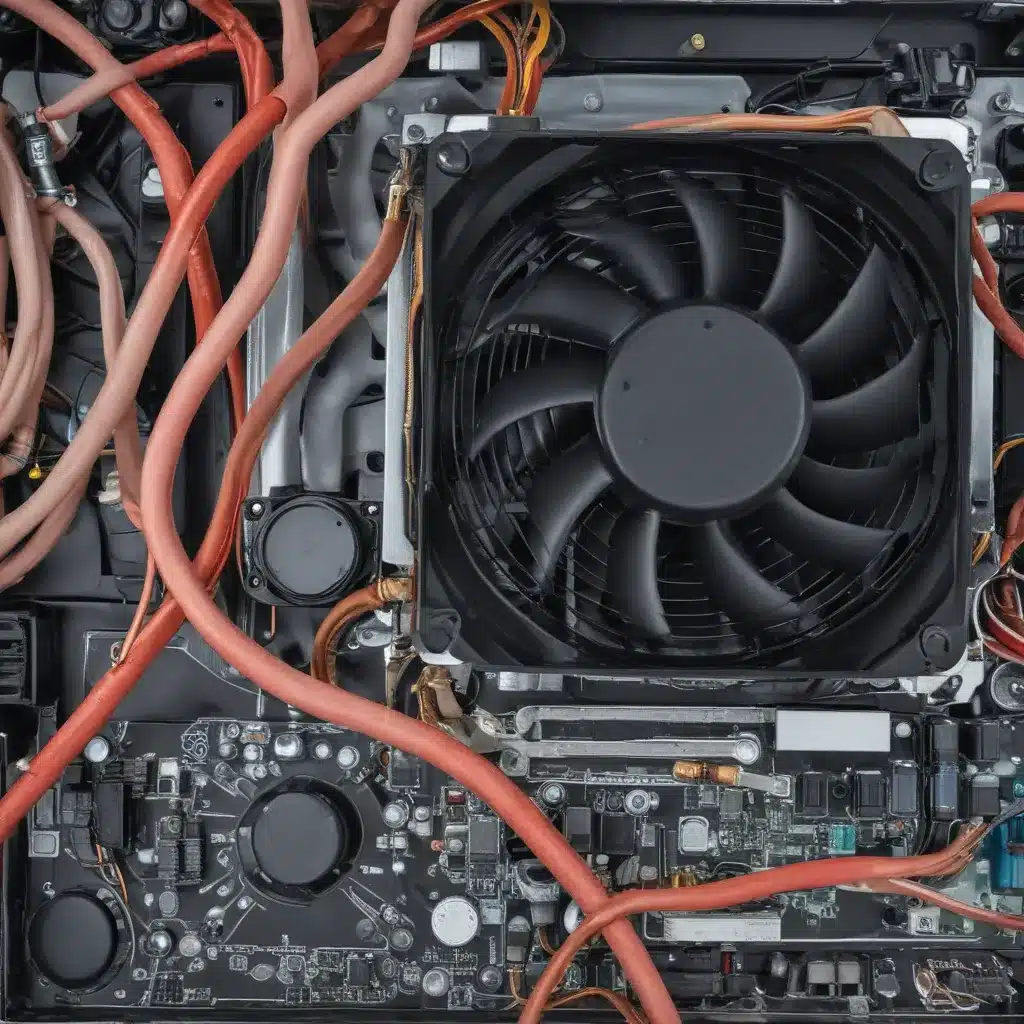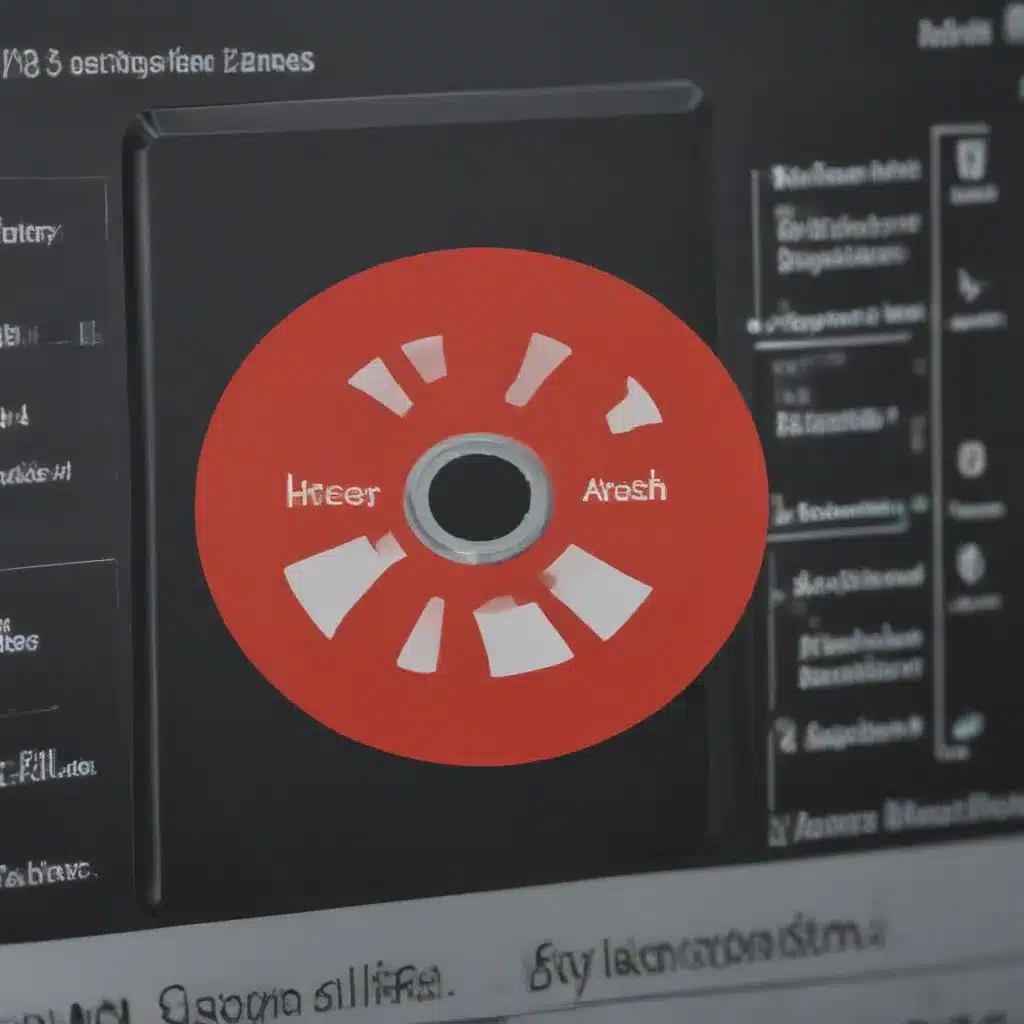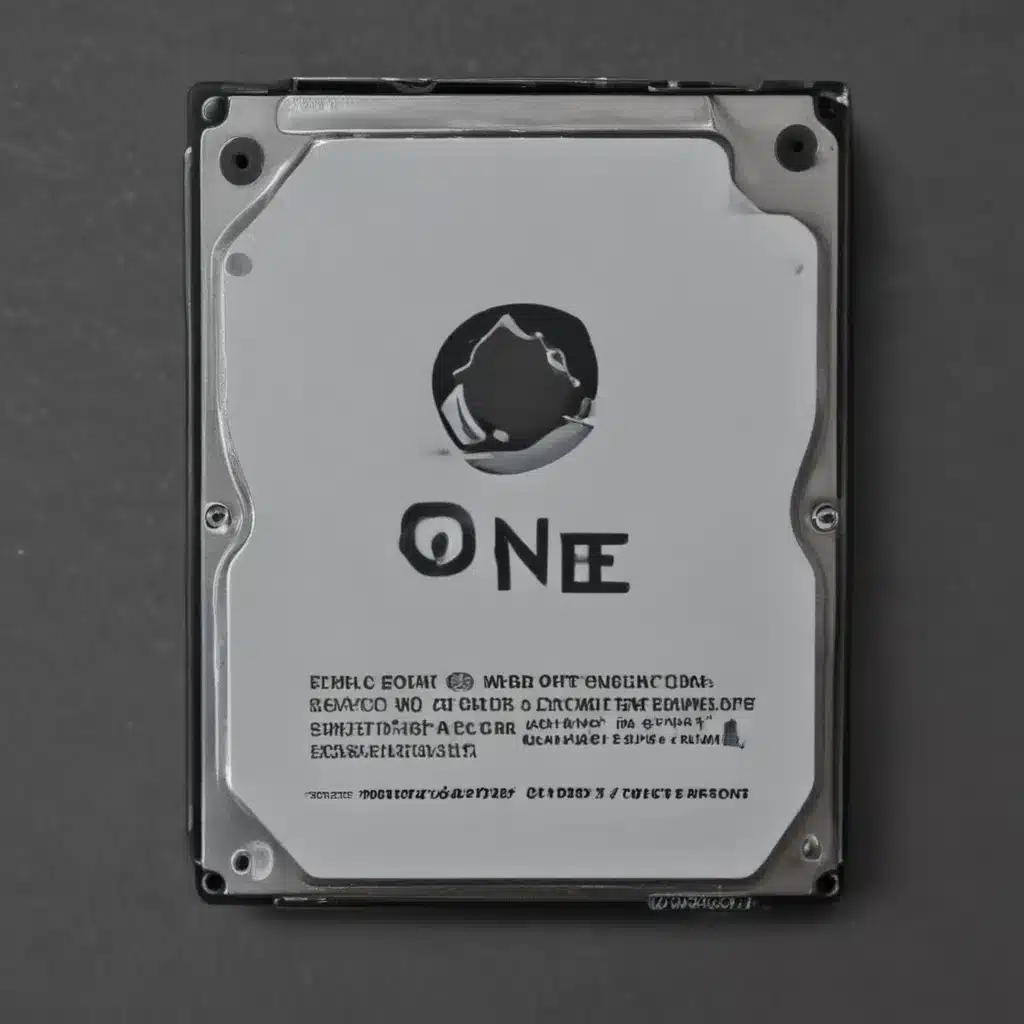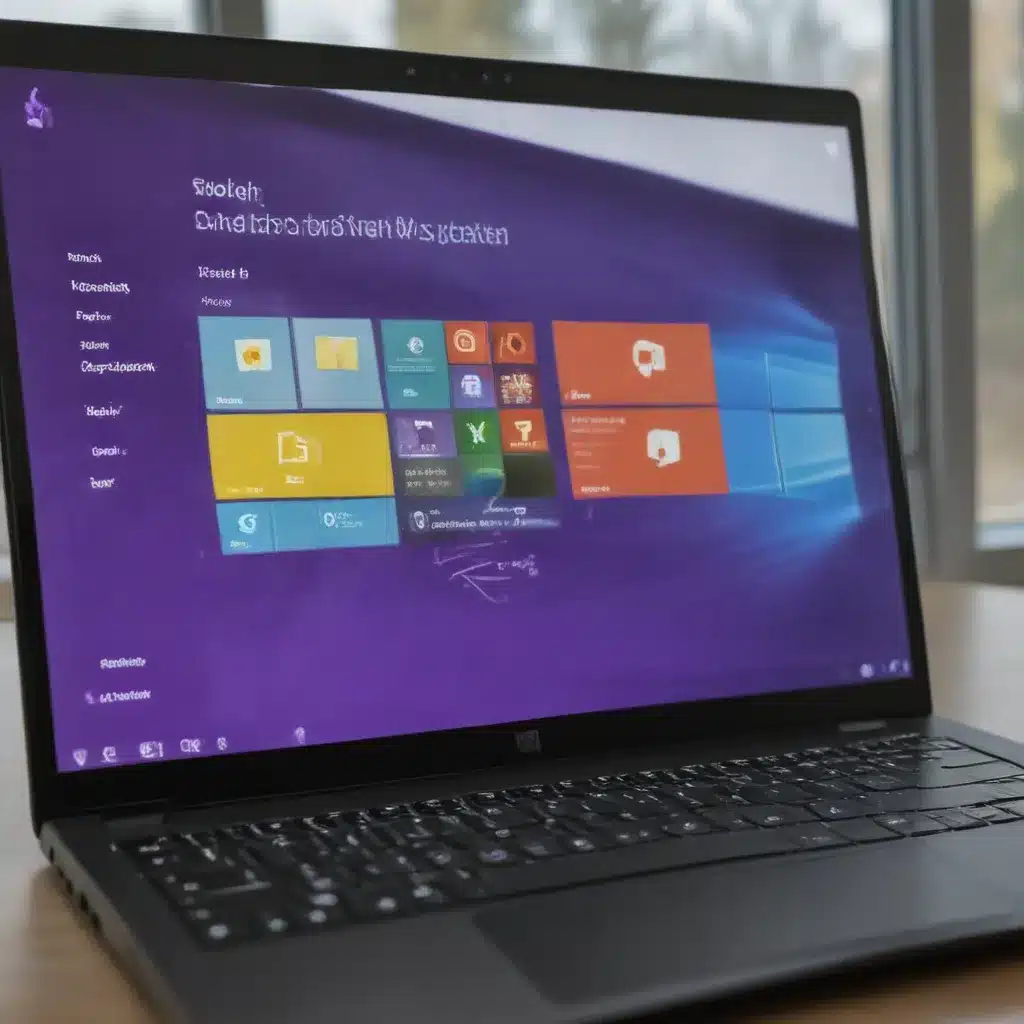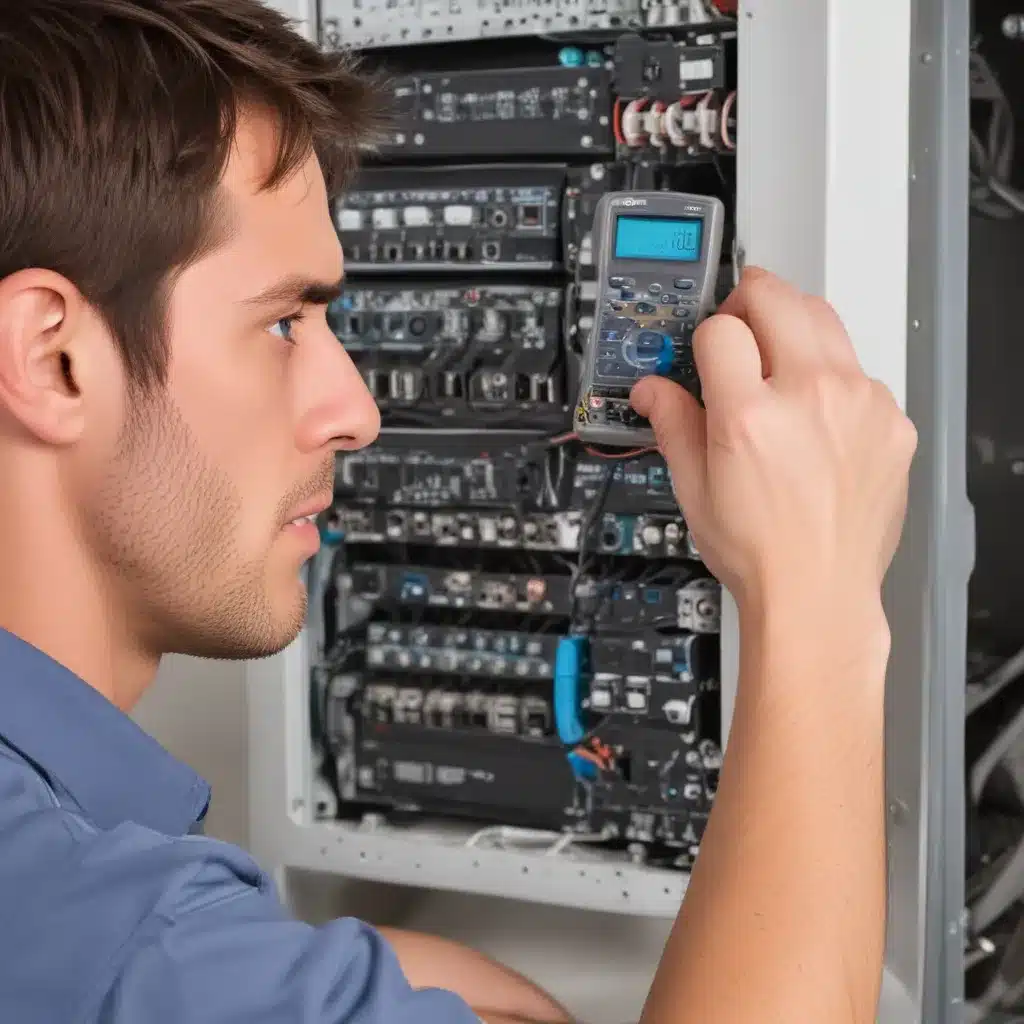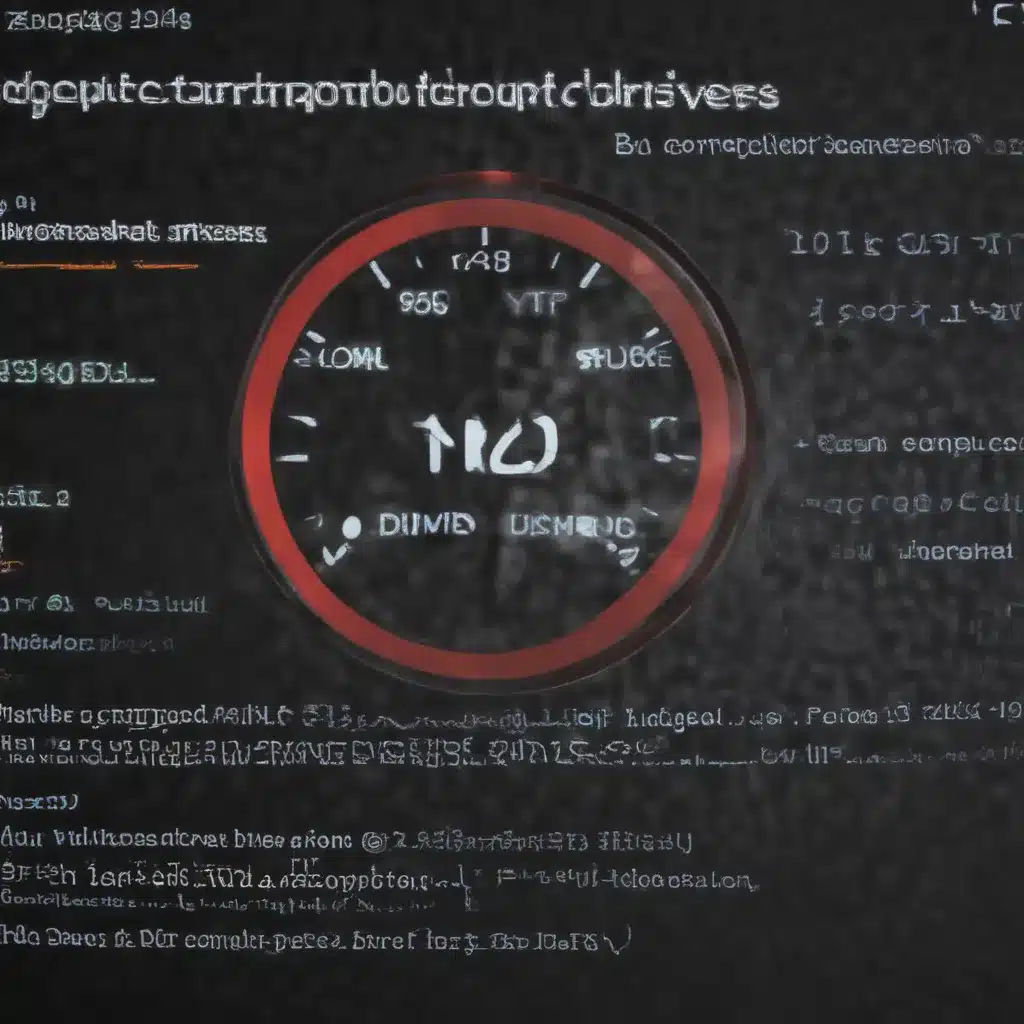Using a VPN service is one of the best ways to protect your privacy and security online. However, not all VPNs are created equal. Some VPNs make big promises about privacy and security but fail to deliver. So how can you know if your VPN is really keeping your data secure? Here’s an in-depth look at what makes a VPN secure, and how to choose a VPN you can trust.
What Makes a VPN Secure?
A VPN, or virtual private network, creates an encrypted tunnel between your device and a server operated by the VPN provider. All your internet traffic is routed through this tunnel, hiding your IP address and activity from your internet service provider (ISP) and others.
But not all VPNs provide equal security and privacy. Here are the key factors that make a VPN more secure:
Strong Encryption
A VPN should use strong encryption like AES-256 or SHA-256 to encrypt your data. Weak encryption can be cracked, exposing your traffic. Top VPNs only use encryption protocols regarded as secure by experts.
No Logging Policy
Ideally, a VPN provider should not log any of your activity while connected to the VPN. A strict no-logging policy prevents your browsing data from being collected and potentially exposed. Some VPNs do collect connection logs and other metadata, so check their logging policies closely.
Secure Protocols
Protocols like OpenVPN and IKEv2/IPSec are considered the most secure for VPN connections. Protocols like PPTP have known vulnerabilities and should be avoided. The VPN app or service you use should allow connections using only secure protocols.
Kill Switch
A kill switch shuts off your internet access if the VPN connection drops, preventing data leaks. This keeps you protected if the VPN connection fails.
Secure Servers
Your traffic is only as secure as the VPN server you connect to. Top VPNs use their own servers located in privacy-friendly countries. Independently audited servers provide reassurance the network is secure.
No IP or DNS Leaks
VPN IP and DNS leak protection ensures all traffic is securely routed through the VPN tunnel. Without leak protection, your IP address or DNS requests could get exposed outside the VPN tunnel, compromising your privacy.
Strong Security Practices
A trustworthy VPN employs security best practices across their service. This includes proper encryption key management, up-to-date servers and software, and regular independent security audits. Documented policies and procedures reassure users their data is in safe hands.
How to Choose a Secure VPN
So those are the hallmarks to look for in a secure VPN service. But how do you pick a VPN that ticks all the right boxes? Here are a few tips:
-
Check trustworthy review sites like RestorePrivacy and VPNMentor which extensively test VPNs for security flaws. Avoid reviews from less reputable sites.
-
Choose established VPN providers who have a long track record of protecting user privacy. New VPNs may lack experience securing networks.
-
Check the VPN website for information on their security practices and protocols. Lack of technical details is a red flag.
-
Download the VPN app and check for leak protection, strong protocol support, and a kill switch. Clunky or limited apps suggest weak security.
-
Consider open source VPNs like ProtonVPN whose code can be inspected by security experts. However, open source alone doesn’t guarantee security.
-
Check if the VPN has undergone independent audits to confirm their security and privacy claims. Audits by firms like PricewaterhouseCoopers provide peace of mind.
-
Avoid very cheap VPNs which likely lack resources to provide secure infrastructure and software. But also watch out for overpriced VPNs.
By carefully vetting VPN providers using these criteria, you can find one that genuinely protects your privacy.
Are Free VPNs Secure?
What about free VPN services? On the surface, a free VPN seems like a good way to protect your data at no cost. However, free VPNs usually lack security and should be avoided if you want true privacy.
The problem is free VPNs still have costs to cover like servers and bandwidth. So how do they pay the bills? In most cases, by collecting and selling your data or injecting ads. They may also lack resources to properly secure their network.
Specific security risks with free VPNs include:
- Weak or no encryption
- Extensive logging and data collection
- Outdated, vulnerable software
- Lack of leak protection
- Understaffed security teams
- Limited server locations
A free VPN could also simply stop working anytime, leaving your data unprotected. Paying a small monthly fee for a trustworthy premium VPN is worth avoiding the massive privacy and security holes found in most free services.
For the best security, a premium VPN is highly recommended over any free provider.
Warning Signs Your VPN Isn’t Secure
How can you tell if your current VPN may not be as secure as you think? Watch for these red flags:
-
Logging policy not clearly defined – A vague logging policy likely means they do log user activity.
-
Keys only protected by passwords – Look for encryption with perfect forward secrecy for better key protection.
-
No kill switch – Data leaks are more likely if the VPN connection drops.
-
Limited protocols – If only weaker protocols like PPTP are supported, data may not be secure.
-
No IP or DNS leak protection – Your IP address and requests could get revealed outside the VPN tunnel.
-
No audits by security firms – Independent audits provide assurance the VPN lives up to its security claims.
-
No custom VPN apps – Using third party apps not designed for the service can introduce vulnerabilities.
-
No transparency reports – Reports on government requests for data provide accountability.
-
HQ in restrictive countries – VPNs based in places like China and Russia may be forced to comply with government demands.
If you see any of these signs with your current VPN, it’s time to switch to a provider with verifiably better security. Don’t take risks with your privacy and data.
The Bottom Line
Not all VPN services can be trusted to truly protect your data. Weak encryption, insecure protocols, and lax policies leave data exposed with some providers. Carefully researching a VPN for sound security practices and technologies is essential to choose one that safeguards your privacy. While no VPN is perfect, following the guidance in this article will help you find one that won’t let you down.

